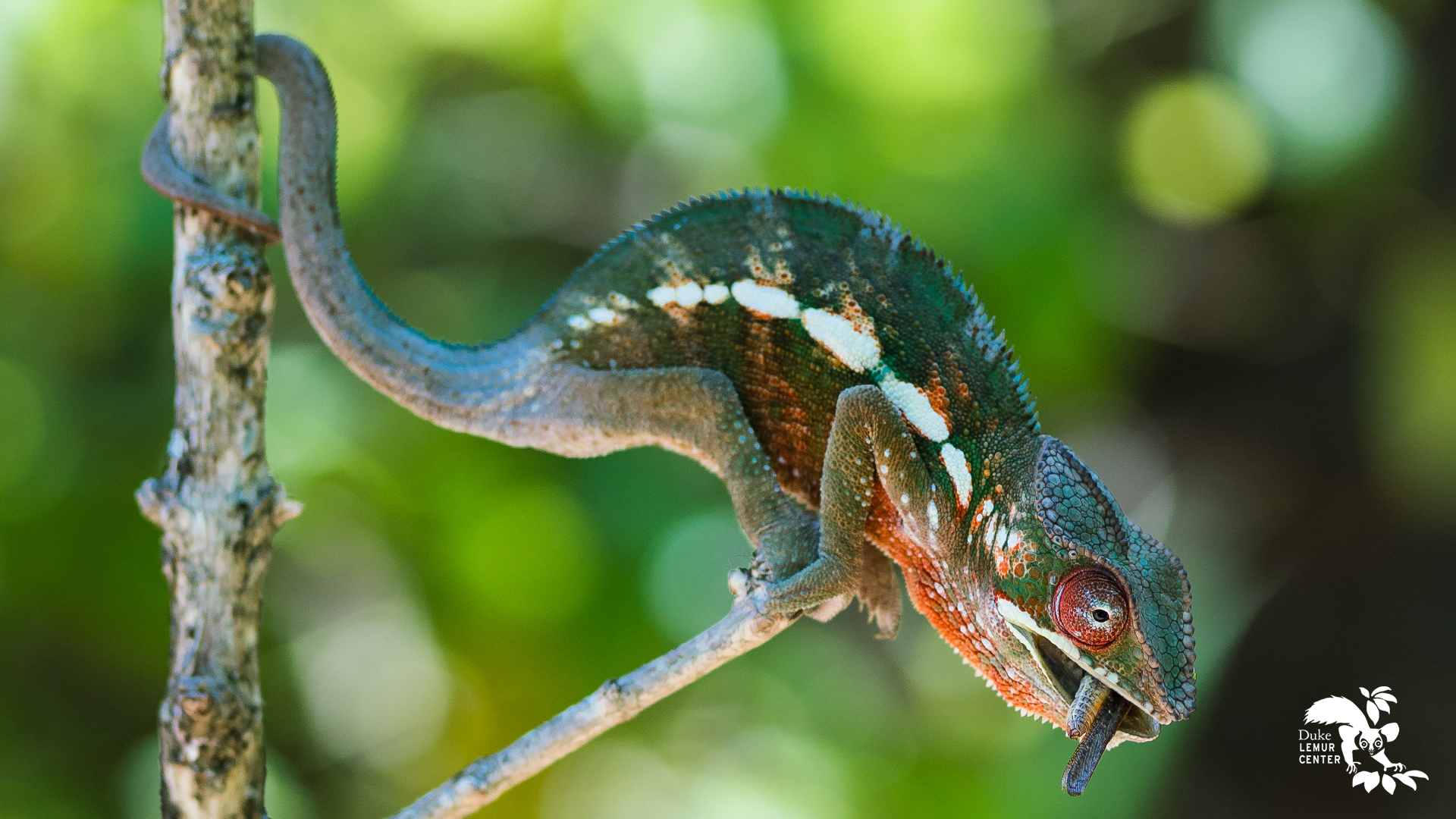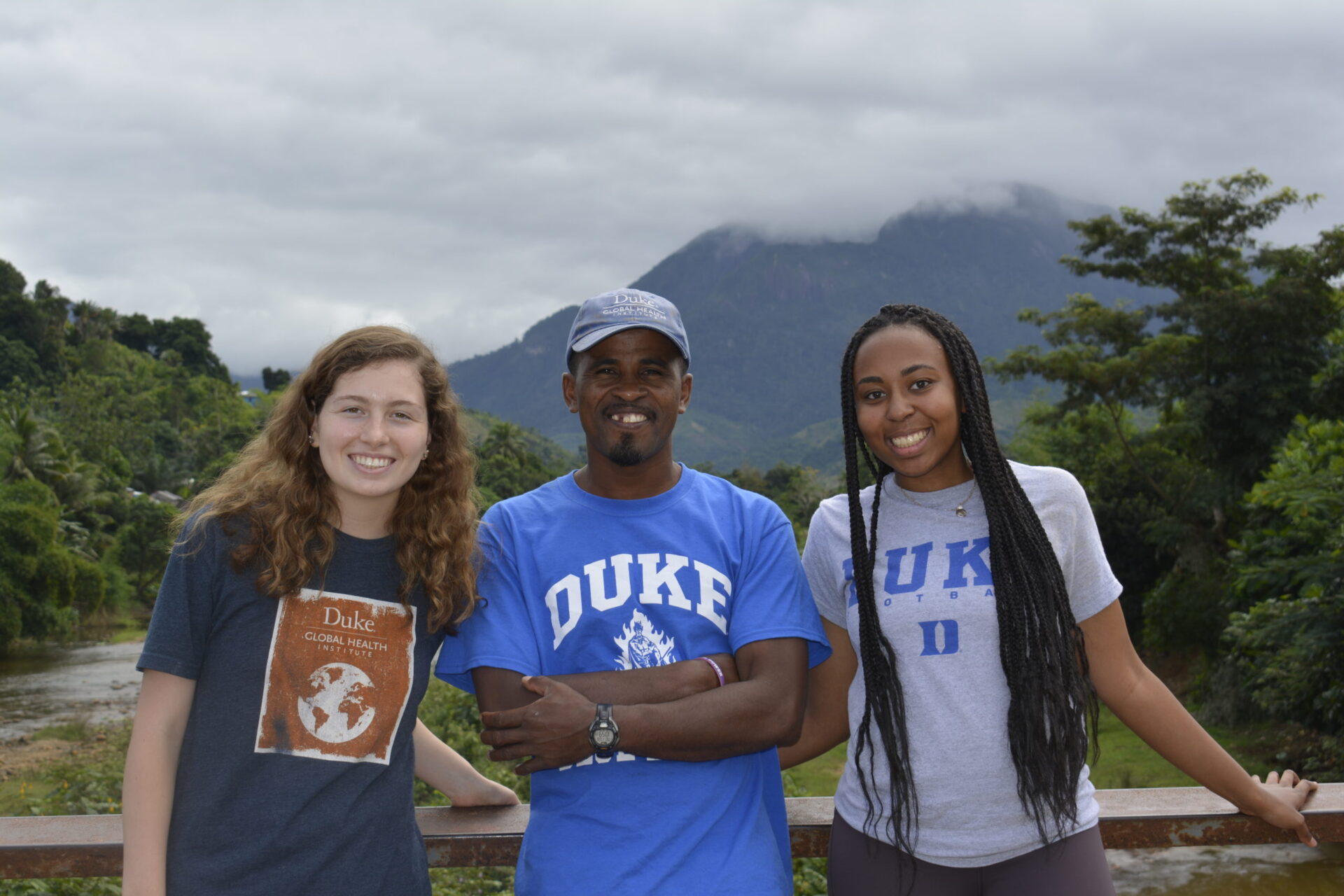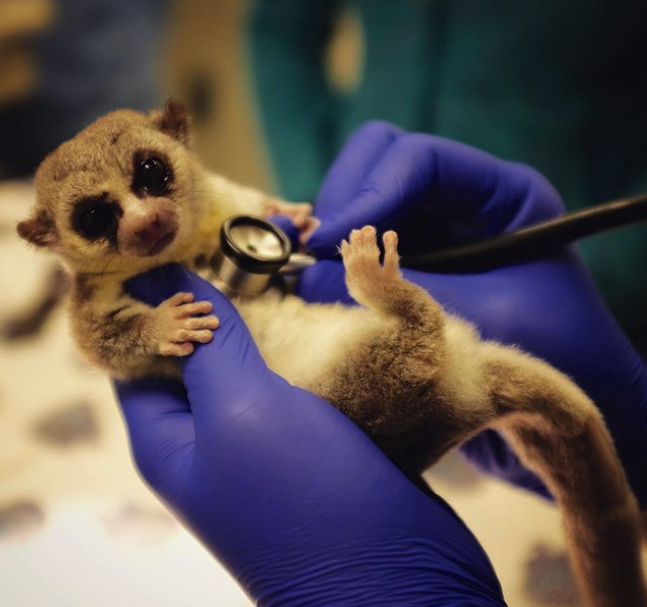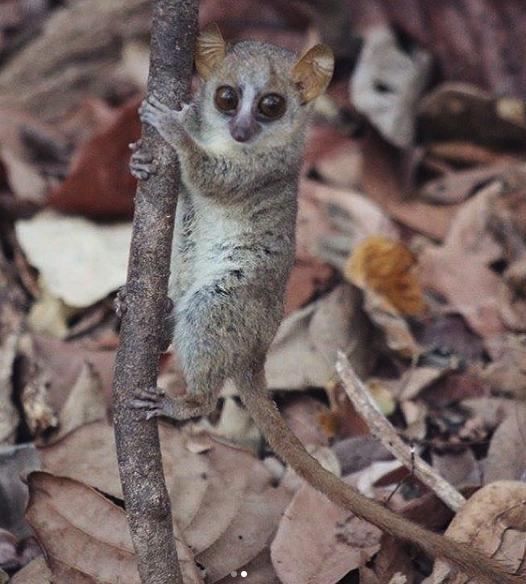Coronavirus Response FAQ

By Charlie Welch, DLC Conservation Coordinator Duke Lemur Center is a founding and managing member of the Madagascar Fauna and Flora Group (MFG). The MFG has been involved in Madagascar forest restoration for many years, first at Parc Ivoloina, then also at Betampona Reserve. The idea at Betampona has been to create a forest buffer […]

“The continued existence of wildlife and wilderness is critical to the quality of life of humans.” –Jim Fowler Today is World Wildlife Day, when we celebrate Earth’s wild creatures and envision a world where local communities are empowered to conserve through education. On March 3, 2020, people and organizations around the world — including the Duke […]

The DLC-SAVA Conservation program sends a huge THANK YOU to Duke University Stores for their generous donation of merchandise! Now that our research team in Madagascar has been outfitted with Duke swag, they can represent Duke University as they participate in the DLC’s community health and conservation projects. Being a part of Duke is a huge source of pride […]

By DLC Research Scientist Lydia Greene, Ph.D. Follow Lydia on Instagram! @lemurscientist This year’s hibernation season finished this week at the Duke Lemur Center, and the participating dwarf lemurs received a physical exam on Friday. Here’s Tottenham (“Tot”) having her heartbeat counted by veterinarian Dr. Laura Ellsaesser. When hibernating, a dwarf lemur naturally reduces its […]

By DLC Research Scientist Lydia Greene, Ph.D. Follow Lydia on Instagram! @lemurscientist Did you know that mouse lemurs are the smallest lemurs (and primates) on Earth? Their scientific genus name, Microcebus, is from the Greek roots are mikros and kebos — which translate to “small” and “monkey”! One of the earliest mentions of mouse lemurs […]
Do Valentine’s Day the LEMUR way! Below are five of our favorite ways to remember the DLC this season and help us spread the lemur love! 1. Send a LEMURS & ROSES e-Valentine ($25) For a gift of just $25, we’ll send a personalized message and special Valentine’s Day video to your “special someone” on […]

By DLC Research Scientist Lydia Greene, Ph.D. Follow Lydia on Instagram! @lemurscientist Sifakas eat foliage and seasonal fruits (1). Their gastrointestinal systems are designed to optimize nutrient extraction from both. Sifakas have an elongated gut tract that is an astonishing 14-15x their body length (2). Food takes about 24-36 hours to go from eating to […]